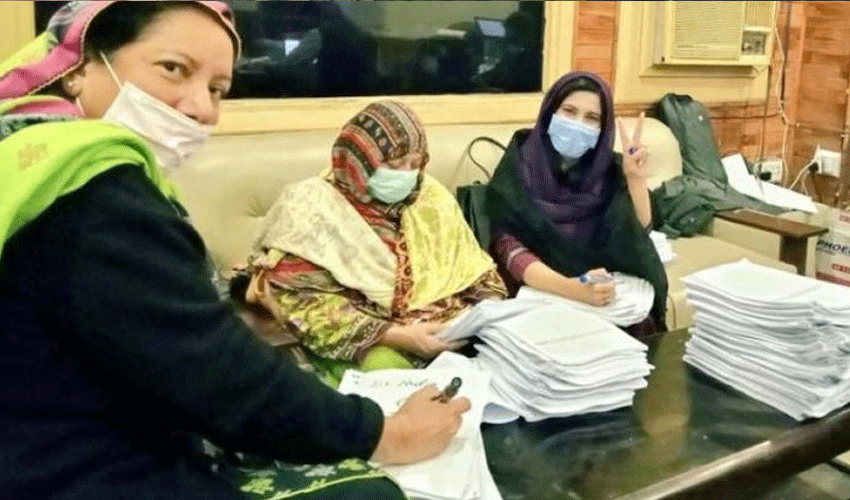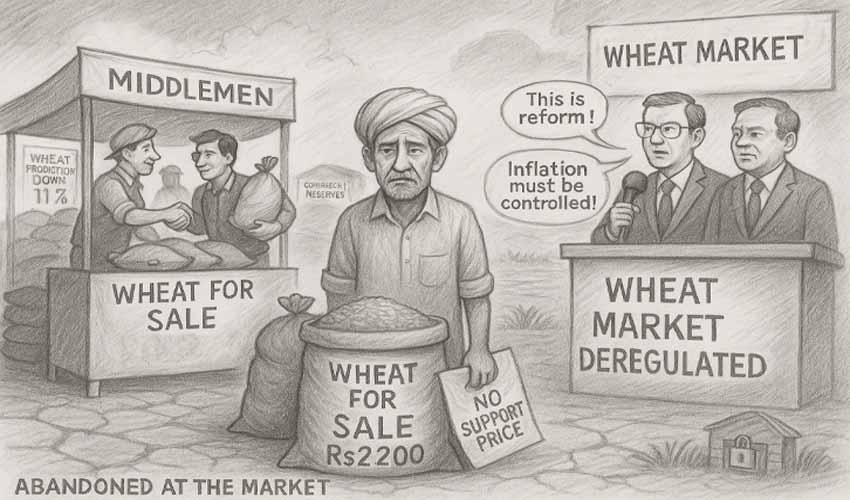Pakistan's political landscape is buzzing with activity as the country gears up for the 2024 general elections on February 8.
A record 28,626 nomination papers have been filed, compared to 21,426 in 2018 and 27,991 in 2013, with a promising 11% being women candidates.
This marks a significant step forward for women representation in Pakistani politics.
The papers are distributed across the country, with the majority coming from Punjab (48.3%), followed by Sindh (22.7%), Khyber Pakhtunkhwa (18.4%), Balochistan (9.3%), and Islamabad (1.3%).
The battleground map reveals Punjab as the main electoral battlefield, with nearly half of the nominations coming from this populous province. Sindh follows closely, while Khyber Pakhtunkhwa, Balochistan, and Islamabad round out the contenders.
– Seats and Gender –
A total of 7,713 nomination papers flooded in for the National Assembly from Pakistan's provinces and Islamabad. Among these, 7,242 were from male candidates, while a significantly lower count of 471 came from female candidates. The four provincial assemblies received 18,546 nomination forms, with 802 women and 17,744 men in the running.
Read Also: PTI's bat stripped: Exploring history of omission of electoral symbols
Breaking down the provincial numbers, Punjab saw 3,594 men and 277 women vying for National Assembly seats, while Sindh had 1,571 male and 110 female candidates. Khyber Pakhtunkhwa (KPK) witnessed 1,283 male and 39 female submissions, and Balochistan had 612 male and 19 female candidates vying for National Assembly positions. Islamabad saw 182 male and 26 female contenders.
Reserved seats for women and minorities also drew candidates. Across the provinces, 459 papers were submitted for women's reserved National Assembly seats, while 1365 forms were received for provincial assemblies. Minority representation accounted for 140 male and 10 female National Assembly candidates and 361 male and 32 female provincial assembly candidates.
While these numbers underscore the increased participation of women and minorities, the disparity remains evident. Women constitute only 6.10% of the National Assembly candidates and 4.32% in the provincial assemblies, highlighting the continued challenge of achieving gender balance in Pakistani politics.
Financially, the electoral race amassed significant funds. A total of Rs 6.5 billion was deposited by 28,626 candidates for general and reserved seats. National Assembly hopefuls contributed Rs 2.3 billion, while provincial assembly candidates added Rs 3,79,20,000 to the electoral coffers.
Women contenders for specific seats in the National Assembly deposited Rs. 1,37,70,000, and those vying for provincial assembly seats contributed Rs. 2,73,00,000. Minority candidates collectively submitted Rs. 1,23,60,000 for both the national and provincial assemblies.
The Election Commission's fee structure of Rs. 30,000 for National Assembly candidates and Rs. 20,000 for Provincial Assembly contenders remained in place, drawing a diverse array of individuals ready to engage in Pakistan's democratic process.
Read Also: Looking back at 1970 ahead of 2024 general elections
In tandem with this meticulous process, the Election Commission released a comprehensive list of 175 political parties. Notably, the leadership box for PTI remains vacant in the preliminary list, while entities like PTI Parliamentarians are recognized as distinct political parties.
– Campaigning with Rules –
The ECP has laid out clear guidelines for a clean and respectful campaign. Posters and banners must adhere to size restrictions, and religious content is strictly off-limits. Hoarding and wall chalking are also banned, keeping the focus on ideas and policies.
Using the image of government officials for political gain is frowned upon, with violators facing repercussions.
In a curious twist, the Election Commission's list of political parties keeps the leadership box empty for the PTI, leaving its future uncertain. However, Pervez Khattak's PTI Parliamentarians remain on the list, adding another layer of intrigue to this already dynamic race.
From seasoned veterans like Nawaz Sharif and Bilawal Bhutto Zardari to captivating newcomers like Asia Ishaq, who switched allegiances from Pervez Musharraf's party to MQM Pakistan, the candidate pool is full of unexpected twists and turns. Voters will have a diverse range of voices to choose from, making the election a true contest of ideas and visions.


























